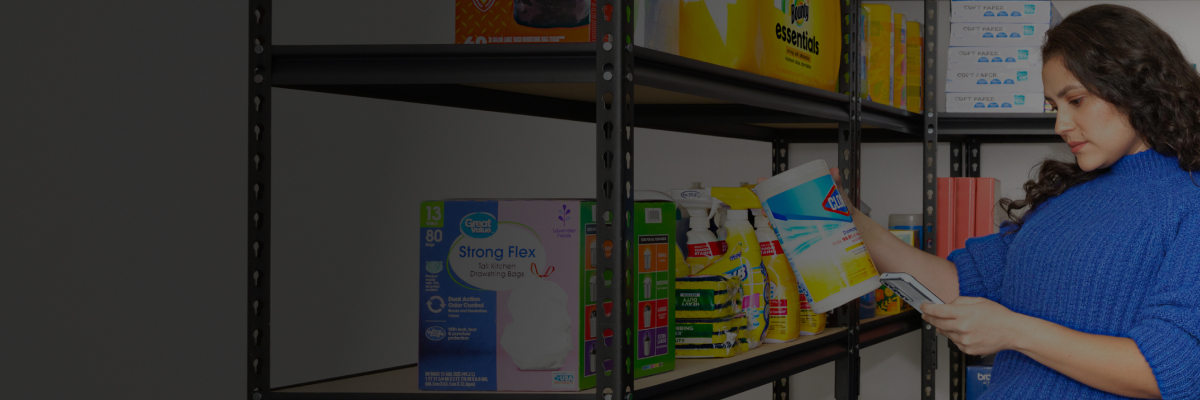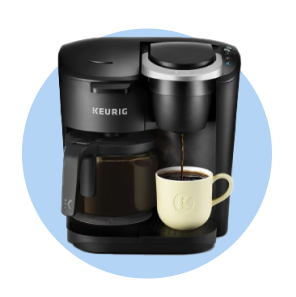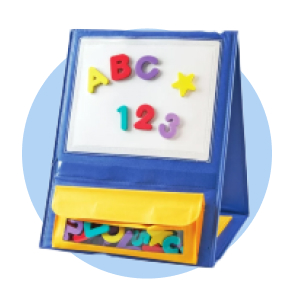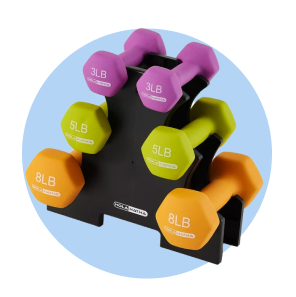
4 Factors to Consider Before Investing in Small Business Security Cameras
From weatherproofing to storage & beyond
For small businesses, security cameras aren’t just nice to have—they’re a practical necessity. Research shows that 60% of burglars consider the presence of cameras when deciding to target a business, and 40% will choose an alternative location if cameras are present. The issue isn’t whether or not you need security cameras; it’s how to find the right cameras for your business.
Thankfully, this challenge is easier to navigate when you’re asking the right questions. With that in mind, let’s explore the factors you should think about when choosing small business security cameras.
4 questions to answer before buying small business security cameras
1. How many cameras will you need?
No universal recommendation can determine how many security cameras you need. The number can vary depending on your property size, budget and industry. A single business could have anywhere from 16 to 60 security cameras, but if you’re still in the startup stage, you might not even need that many.
A good starting point is thinking about the kinds of areas that need surveillance. Entrances and exits are important since they make it easier to see when people arrive or leave. Don’t forget about secondary doorways reserved for staff or maintenance crews!
From there, consider any areas where customers and employees congregate, such as parking lots or public seating areas. You should also note where valuable items are stored, including cash, consumer products and business supplies. In some cases, these areas will overlap. For example, checkout counters see high customer traffic and contain cash registers.
2. Is your camera weatherproof?
Security cameras don’t just survey the inside of your business—they also monitor the outdoor surroundings. Depending on the local climate, you’ll likely need to consider how the device will hold up in different types of weather.
Cameras measure these capabilities using Ingress Protection numbers, represented using “IP” and a two-digit number. The first digit measures the camera’s dust resistance and the second represents overall water protection. For example, if one camera is IP65 and another is IP67, both are equally protected against dust while the second is better protected against water.
When shopping for security cameras, these IP numbers can help you decide whether a particular camera is worth the price tag for your climate. If the camera you want isn’t weatherproofed, one alternative is to seek out IP-appropriate enclosures that also protect your device from tampering.

3. How much storage do you need?
Having security cameras is a great start, but where will you keep the recordings? Their footage needs to go somewhere and it usually requires more space than a standard hard drive.
For example, a single camera can record 40 gigabytes of 1080p footage within a single business day. With at least five cameras, you’ll fill one terabyte after a week. Even if you spring for the largest possible hard drive in today’s market, you could be out of space in about half a year. Now, picture what happens if you need sixteen or sixty cameras—or decide to increase the resolution to 4K.
So how much storage will you need? Start by deciding how long you’ll need to store the recordings. For many businesses, a starting point is one to three months. On the other hand, if you’re willing to pay a premium, you could also extend it to six months to be on the safe side. Sometimes, missing or damaged items aren’t discovered for weeks after the original incident, and if that happens, you’ll be glad you can review the recordings going back several months.
Next, you’ll want to consider the storage method. If you plan to keep all security footage on-site, local hard drives are ideal—they provide direct control over the data and make it easy to pull up relevant video footage. That requires specialized computer equipment with enough storage space to hold recordings, plus a dedicated room for them.
Alternatively, you could upload video footage into a cloud server. This approach addresses the drawbacks of local storage, but it also means you must rely on a third-party platform to access and review footage. More importantly, storing video online increases the risk of a security breach. Review your cloud platform’s security practices before uploading months of customer and employee activity onto the internet.

4. Should you go wired or wireless?
When you’re buying a few small business security cameras or an entire security system, you’ll need to choose how to connect them. Historically, businesses have relied on wired cameras to connect their security system. Today, wireless cameras offer an alternative—but that doesn’t mean cutting the cord is right for every business.
Wireless cameras use a battery-powered transmitter to relay footage to other devices, meaning no cords are required. That makes it easier to install security cameras and reposition them anywhere within range. That convenience also comes with logistical challenges. How long do the batteries last? How often will you need to recharge or replace them?
Alternatively, wired cameras require no ongoing power maintenance because they get electricity from wherever they’re plugged in. The logistical challenge here is installation—businesses may need to run cables through walls and fix camera enclosures on the ceiling.
On top of all these factors, you’ll need to consider worst-case scenarios that could impact each camera. For example, what happens to your security if a storm knocks the power out? Wireless cameras will keep running, but other powered devices on the system—such as local storage—may not. Does this scenario warrant buying a backup generator? None of these problems are insurmountable, but a strategy laid out beforehand can keep you in control.
Walmart Business can help you secure your company
Once you’ve answered the important questions, the next step is choosing your small business security camera system. At Walmart Business, we can help by offering a wide selection of indoor and outdoor security cameras to help you protect your business. If you already have an account with us, upgrade to a Walmart Business+ membership for free shipping,1 free delivery from stores on orders over $352 and 2% rewards back for purchases over $250.3 Those savings could add up to over $500 each year!4 Learn more here.


Limited-time offer
Unlock your special promo code
Stay informed on Walmart Business news & get $20 off a $100 purchase!1
1Minimum order of $100. Promo code can be used one time & may not be combined with other offers. Offer not transferable & void where prohibited by law. Customer responsible for all applicable taxes. Offer expires 12/31/2025 at 11:59pm PT. Further restrictions apply. See terms at checkout for details. Promo code offers available in limited quantities. While supplies last.
1 Excludes most Marketplace items, freight and certain location surcharges.
2 Restrictions apply.
3 Rewards can only be used toward future purchases on Walmart Business. Additional terms apply.
4 Savings based on 1 free $35+ delivery order vs. $9.95 fee and 1 free shipping order under $35 vs. $6.99 fee biweekly, plus 2% Walmart Business Rewards on monthly order >$250 (average value of $400).
Exciting news awaits
Hear firsthand about new products, features & promotions.
By clicking submit, you agree to receive emails about Walmart Business and acknowledge you have read and agreed to our Terms of use and Privacy Policy.










